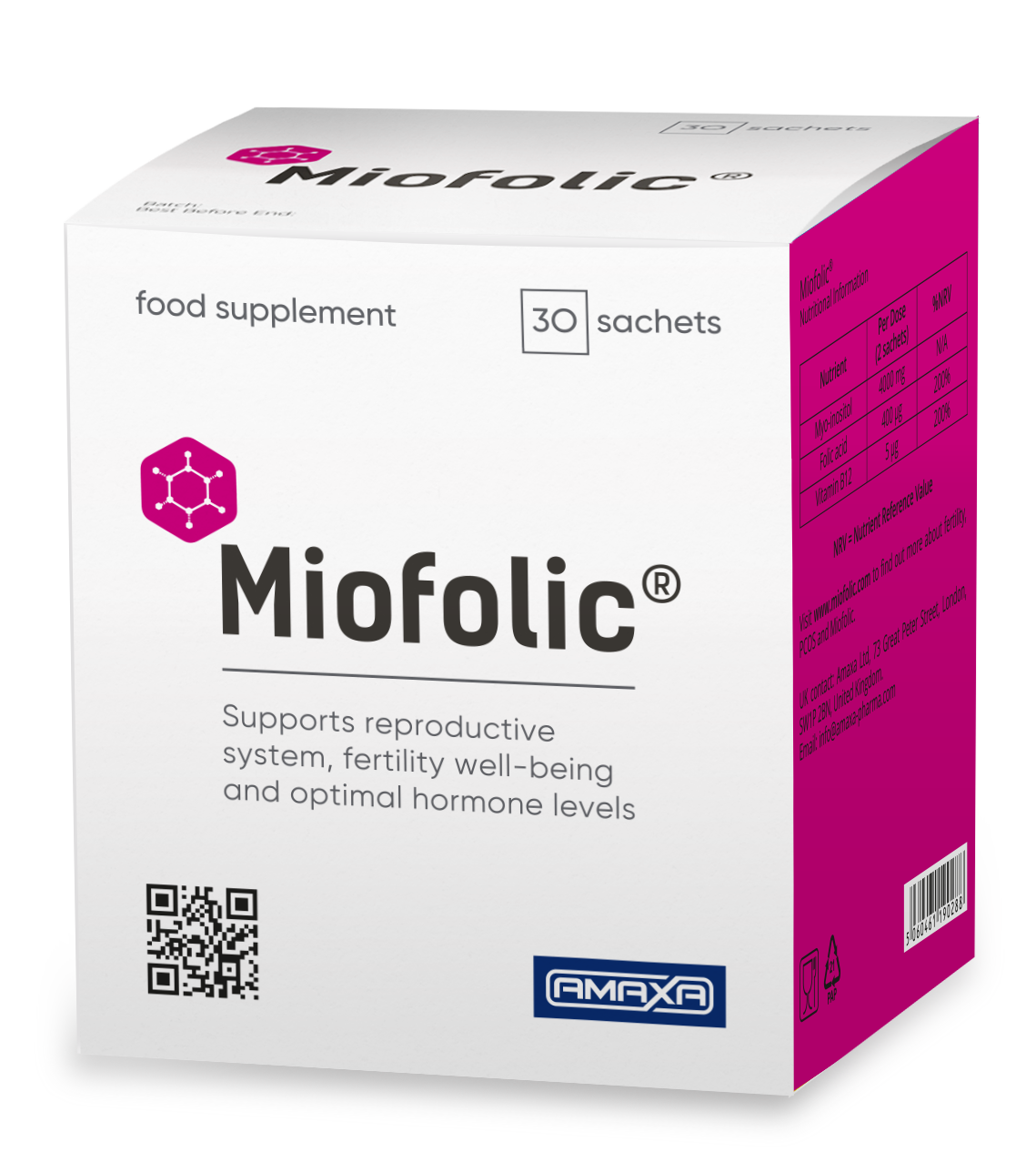Polycystic ovary is one of the most serious diseases of the female sexual system, the genesis of which lies in endocrine disorders. The ailment adversely affects not only a woman’s reproductive function but also the health of her whole body.
Scientists have proven that PCOS is a risk factor in developing diabetes mellitus and chronic pancreatitis, as it can provoke problems associated with the pancreas.
Diet in women with polycystic ovaries is an essential element of treatment. Based on a balanced consumption of protein and carbohydrate foods, the correct diet will enable the patient to lose excess kilograms, normalize metabolic processes in the body and eliminate severe hormonal dysfunction disorders of the genital sphere.
Basic principles of the PCOS diet
The PCOS diet is somewhat different from most known diets that accelerate slimming.
Patients suffering from PCOS should understand that starvation and strict calorie counting is not an option for them. The disease requires a balanced and nutritious diet, which must be divided into several meals (from 5 to 6) per day. As such, portions should be small, and the intervals between meals should be at least two hours.
Leading world nutritionists offer the following dietary option for women with polycystic ovaries:
- breakfast should be eaten within an hour of waking
- a small snack should be eaten before noon
- the main meal of the day (dinner) should be taking at lunchtime, avoiding overeating
- a small snack should be eaten between lunch/dinner and supper
- supper should be a relatively light protein-based meal containing meat, fish or cottage cheese
- a light snack should be eaten an hour before bed to eliminate hunger in the night
Daily diet in case of polycystic ovaries should consider a daily caloric intake of 1700-1900 kcal. In addition, the daily diet should include an increased fluid intake, preferably of a compote made from dried fruits, herbal tea and berry infusion. It is best to eat often, but in small portions. Snacks should include fruits that contain minimum calories, but are valuable sources of vitamins and microelements.
Making a daily menu and glycemic index
To make a daily menu, you need a table indicating the glycemic index of different foods.
Weight loss in the case of polycystic ovaries should be through the consumption of food prepared from the ingredients with a glycemic index of up to 50. Food products with an index of more than 70 should not be included.
The diet menu in case of PCOS should include the following foods:
- low-fat cottage cheese and other dairy products
- lean meat and fish
- eggs
- greens, in particular, celery, green onions, dill
- vegetables (tomato, cucumber, carrots, asparagus, broccoli)
- soy products
- fruit (orange, apples, pears)
- berries, especially strawberries, black currants and raspberries
- rice and buckwheat
The following foods should not be eaten:
- sweets, pastries, cakes, candies and milk chocolate
- honey and other bee products
- potatoes
- watermelon
- millet and semolina
The above products are to be excluded because of their insulin production rate. It is this biologically active substance that, by its response to blood glucose increase, triggers the synthesis of androgens, a key factor in the development of polycystic ovary damage and anovulatory cycle.
The daily intake of the Miofolic drug at a dose of 2 sachets per day contributes to normalization of metabolic processes and metabolism in a woman’s body. It also helps control excess weight in cases of PCOS.
Why is it important to prepare for pregnancy?
When a woman becomes pregnant, she experiences significant changes in body and mind. Her body needs to carry a baby for nine months to give life to a new human being. She might find that her goals, moods and attitudes towards herself and others are different. It’s important, therefore, to make sure that her body is ready to conceive, bear and give birth to a healthy baby.
